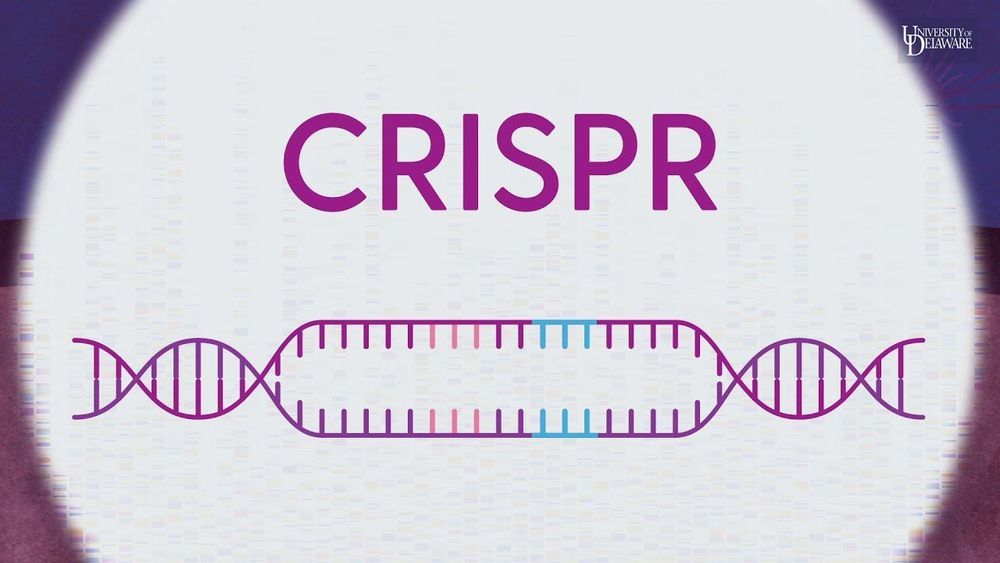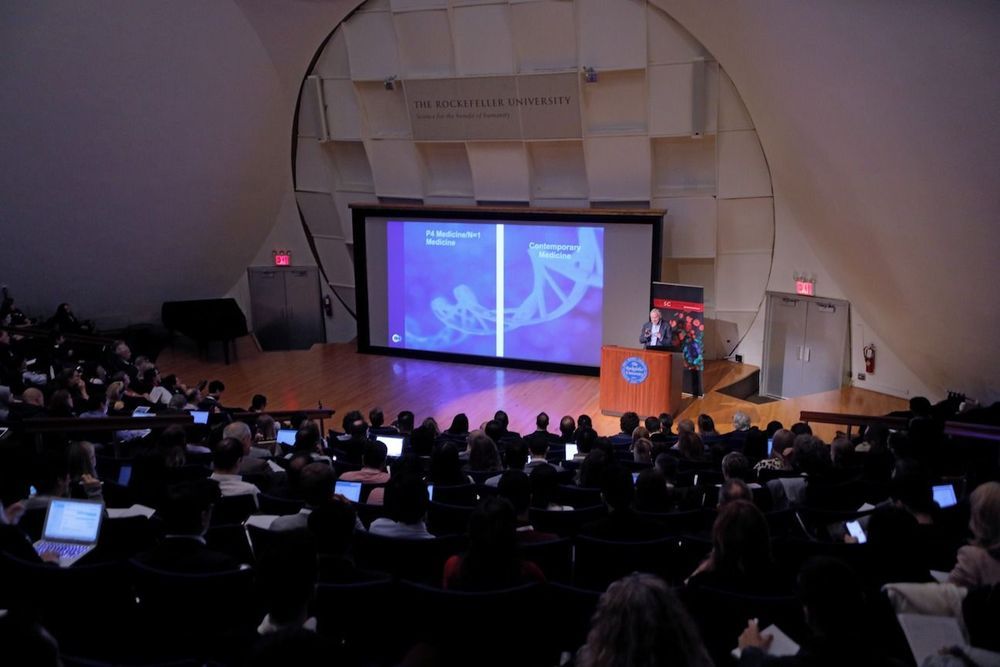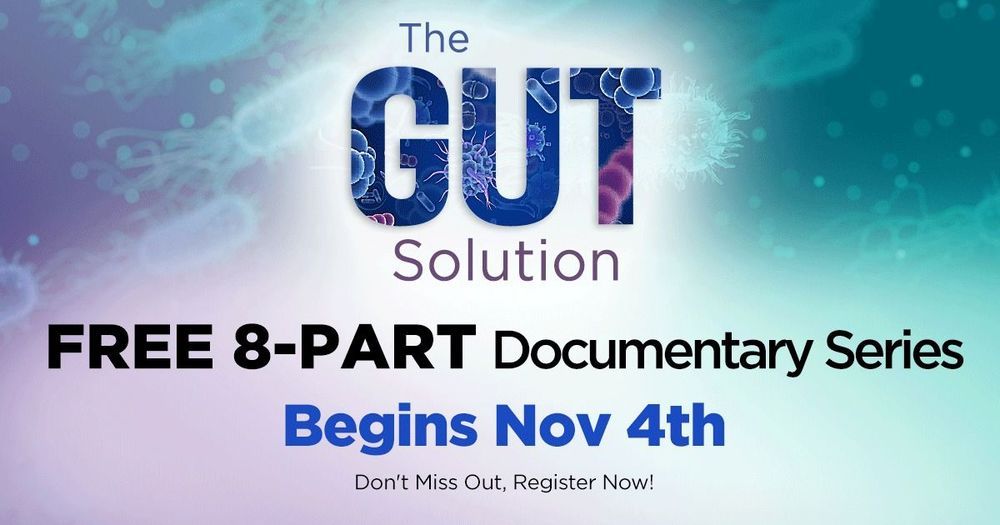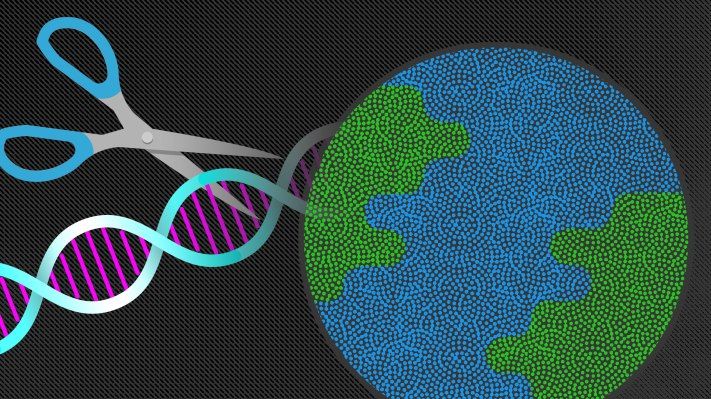Hypoxia, stress induce genetic, physiological adaptations through HIF signaling pathways. Adaptations result in context dependent improvement or disease.
Archive for the ‘biotech/medical’ category: Page 1689
Nov 16, 2019
Precision Medicine and the Power of Stem Cells: Highlights of the 2019 NYSCF Conference
Posted by Paul Battista in category: biotech/medical
In 2006, Shinya Yamanaka, MD, PhD, made a discovery that revolutionized biomedical research and earned him a Nobel Prize. His lab found that stem cells, the body’s ‘building blocks,’ can be made from just a small sample of skin. These cells, called induced pluripotent stem cells (iPSCs), have changed the way we research disease, bringing us closer than ever to cures — Dr. Yamanaka’s (and NYSCF’s) ultimate goal.
“I am doing whatever it takes to bring this technology to patients,” remarked Dr. Yamanaka, in his keynote address at the 2019 NYSCF Conference. “When I was training as a young surgeon, my father passed away. I couldn’t do anything to help him, and that had a huge impact on me. I truly believe that it is science that will help patients suffering from intractable diseases.”
During the 2019 NYSCF Conference held at The Rockefeller University on October 22–23, over 500 researchers, students, and thought leaders shared their latest findings in translational stem cell research, highlighting how stem cells are being used to illuminate disease mechanisms, discover new therapies, and advance precision medicine.
Nov 16, 2019
Another adult stem cell breakthrough
Posted by Paul Battista in categories: biotech/medical, innovation

Scientists have discovered yet another life-giving treatment for disease using adult stem cells, while the number of substantial medical breakthroughs from life-taking embryonic stem cell research remains essentially zero.
Neuromyelitis optica (NMO), also known as Devic’s disease, causes the immune system to react against the body’s own cells in the central nervous system, particularly the eyes and spinal cord. Those who contract the disease usually lose their eyesight and ability to walk within five years.
Nov 16, 2019
Filipina High School Student Discovered ‘Aratiles’ Fruit as Potential Cure for Diabetes, Wins Intel International Science and Engineering Fair (ISEF) in Phoenix, Arizona, USA
Posted by Paul Battista in categories: biotech/medical, education, engineering, science
This 16-year-old high school student from Iloilo went viral after discovering the properties of Aratiles fruit or Sarisa that can cure diabetes.
The young Filipina scientist was identified as Maria Isabel Layson, was one of the winners of the 2019 National Science and Technology Fair (NSTF), that was held last February.
She was also one of the 12 candidates sent to the International Science and Engineering Fair in Phoenix, Arizona USA to represent the Philippines in one of the biggest pre-college science research competition in the world and was the first in her batch to receive Gokongwei Brothers Foundation Young Scientist Award.
Nov 16, 2019
[FREE] Watch the Groundbreaking 8-Part Docu-series, ‘The Gut Solution’ (Starts July 1st)
Posted by Paul Battista in categories: biotech/medical, neuroscience
Did you know that obesity, autoimmune disease, diabetes, arthritis, depression, anxiety and eczema all have one thing in common? It’s the gut.
Nov 16, 2019
New twist on CRISPR technology
Posted by Genevieve Klien in categories: biotech/medical, food

In a classic episode of an old-school TV comedy called I Love Lucy, we see Lucille Ball stepping into an assembly line job at a candy factory. As the pace of the conveyor belt exceeds her ability to wrap the candy, the frenzy gets the best of her. She shoves candy into her pockets, into her hat, into her mouth—it’s a job fail.
As we know, faster doesn’t always mean better. And precision can take a big bite out of speed.
Nov 16, 2019
Purified cannabidiol reduces seizures in patients with severe epilepsy
Posted by Paul Battista in category: biotech/medical
Nov 16, 2019
Polio Vaccine May Stall The End Of Polio
Posted by Genevieve Klien in categories: biotech/medical, health
CDC Sends Surge Staffers To Stop Vaccine-Derived Polio Outbreaks In Africa : Goats and Soda Health officials have long known that virus from the oral vaccine can contaminate water supplies; they underestimated how big a problem this would be.
Nov 16, 2019
‘Transhumanist’ eternal life? No thanks, I’d rather learn not to fear death
Posted by Derick Lee in categories: biotech/medical, life extension, transhumanism
While the transhumanism movement is making progress, it isn’t without its skeptics. Some don’t think it will ever work the way we want it to, because it asks science to turn back a natural process of aging that has an uncountable number of manifestations. Critics of anti-aging research envision any number of dystopian futures, in which we defeat many of the causes of death before very old age, leaving only the most ghastly and intractable — but not directly lethal — maladies.
Lest you think this concept is limited to snake-oil salesmen and science-fiction writers, the idea that aging is not inevitable is now in the mainstream of modern medical research at major institutions around the world. The journal Nature dubbed research from the University of California at Los Angeles a “hint that the body’s ‘biological age’ can be reversed.” According to reporting by Scientific American on research at the Salk Institute for Biological Studies: “Aging Is Reversible — at Least in Human Cells and Live Mice.”
Nov 16, 2019
You’ve heard of CRISPR, now meet its newer, savvier cousin CRISPR Prime
Posted by Genevieve Klien in categories: biotech/medical, genetics
CRISPR, the revolutionary ability to snip out and alter genes with scissor-like precision, has exploded in popularity over the last few years and is generally seen as the standalone wizard of modern gene-editing. However, it’s not a perfect system, sometimes cutting at the wrong place, not working as intended and leaving scientists scratching their heads. Well, now there’s a new, more exacting upgrade to CRISPR called Prime, with the ability to, in theory, snip out more than 90% of all genetic diseases.
Just what is this new method and how does it work? We turned to IEEE fellow, biomedical researcher and dean of graduate education at Tuft University’s school of engineering Karen Panetta for an explanation.
















